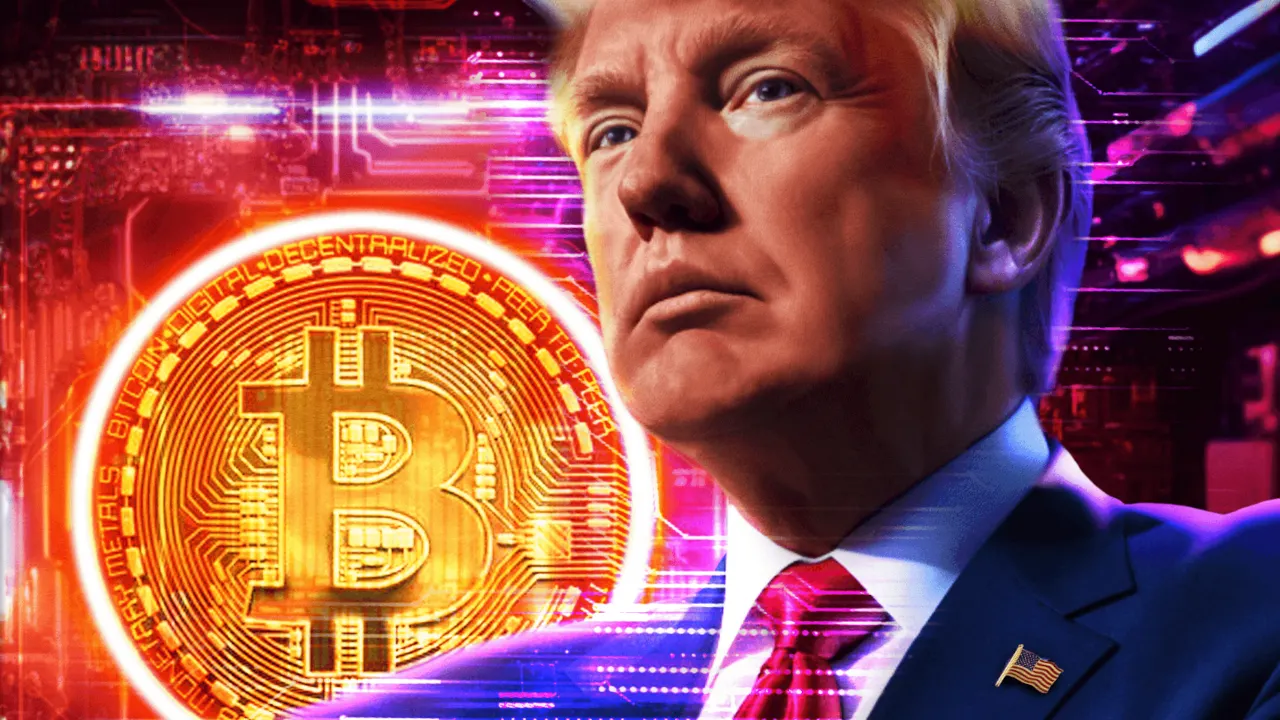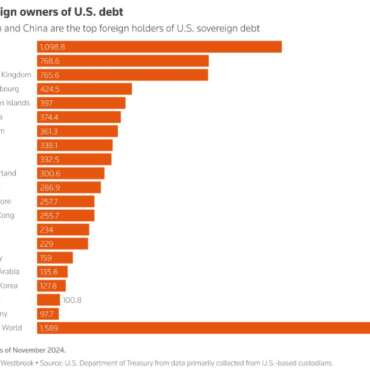Why Tariff Good for Crypto and Global Market
The Rising Influence of Tariffs on Crypto and the Global Economy
In today’s digital economy, the relationship between tariffs, cryptocurrencies, and the global market has become increasingly interconnected. While traditional industries view tariffs as restrictive, in the world of cryptocurrencies and global trade, tariffs play a surprisingly positive role. They foster financial innovation, economic decentralization, and support a more resilient international economy.
Understanding Tariffs in the Modern Digital Economy
A tariff is a tax imposed by a government on imported or exported goods. While this might seem to hinder free trade, tariffs serve as an essential tool for protecting domestic industries, controlling market volatility, and influencing international commerce dynamics.
Why Tariffs Matter for the Crypto Market
In the context of cryptocurrency, tariffs offer several strategic advantages:
-
Encourage adoption of decentralized payment systems
-
Reduce reliance on centralized financial institutions
-
Boost the appeal of borderless digital assets
-
Foster innovation in blockchain technology
-
Drive demand for stablecoins and alternative payment solutions
How Tariffs Encourage Decentralization
Tariffs indirectly promote cryptocurrency adoption by highlighting the weaknesses in traditional payment systems. With rising tariffs on international money transfers and cross-border trade, businesses and individuals seek alternative financial solutions like Bitcoin, Ethereum, and stablecoins.
Benefits of Decentralization Driven by Tariffs
-
Lower transaction fees for international payments
-
Faster settlement times with blockchain networks
-
Protection against currency devaluation
-
Increased financial privacy and autonomy
-
Promotion of peer-to-peer trading without intermediaries
Tariffs as a Catalyst for Blockchain Innovation
Governments imposing tariffs inadvertently create demand for blockchain-based solutions. Companies invest in smart contract platforms, decentralized finance (DeFi) systems, and digital identity technologies to circumvent tariff-related challenges.
Key Blockchain Innovations Accelerated by Tariffs
-
Supply Chain Transparency: Blockchain enables traceable logistics, reducing costs related to tariffs.
-
Smart Contracts: Automating payments and agreements across borders.
-
Tokenized Assets: Reducing regulatory hurdles and enhancing liquidity.
Strengthening the Global Market Through Crypto Adoption
Tariffs not only strengthen domestic economies but also drive global crypto adoption, balancing international trade dynamics.
Positive Impacts on the Global Economy
-
Financial Inclusion: Providing banking services to the unbanked via crypto wallets.
-
Global Trade Efficiency: Streamlining international payments with stablecoins.
-
Reduced Currency Risk: Utilizing cryptocurrencies as a hedge against local currency fluctuations.
-
Emerging Market Growth: Empowering developing countries to bypass traditional financial barriers.
Tariffs and the Rise of Stablecoins
Stablecoins like USDT, USDC, and DAI are becoming crucial in tariff-influenced economies. These digital assets provide price stability while enabling fast, secure, and low-cost cross-border transactions.
Advantages of Stablecoins in a Tariff-Driven World
-
Pegged to stable assets like the US Dollar.
-
Facilitate global trade without the need for currency conversion.
-
Provide protection against inflation and local currency devaluation.
-
Used in remittances, reducing costs for international workers.
Tariffs Empowering Local Crypto Exchanges and Businesses
Higher tariffs on foreign financial services encourage the growth of local crypto exchanges, DeFi platforms, and blockchain startups.
Key Business Opportunities Created by Tariffs
-
Establishment of local crypto ecosystems.
-
Development of national digital currencies (CBDCs).
-
Increased investment in crypto infrastructure.
-
Promotion of crypto-friendly regulation within domestic markets.
Tariffs, Regulation, and Financial Sovereignty
Tariffs allow governments to maintain financial sovereignty while encouraging the development of secure, regulated crypto markets. This balance creates a healthier, more robust global financial ecosystem.
Benefits of Combining Tariffs with Crypto Regulation
-
Protects national interests while fostering innovation.
-
Ensures consumer protection and market stability.
-
Facilitates legal clarity for crypto businesses.
-
Encourages international cooperation on blockchain standards.
Future of Tariffs in the Global Crypto Market
As the world becomes more interconnected, the role of tariffs in shaping the crypto economy will continue to evolve. Forward-thinking governments will use tariffs to:
-
Encourage domestic innovation in blockchain technology.
-
Support cryptocurrency adoption for global competitiveness.
-
Protect against financial monopolies by large corporations.
-
Create a fairer, more transparent global trading system.
Conclusion: Tariffs are a Force for Positive Change in Crypto and Global Markets
Tariffs, often misunderstood as a barrier to trade, are proving to be a driving force for cryptocurrency adoption, blockchain innovation, and a stronger global economy. By encouraging financial decentralization, supporting local businesses, and promoting stablecoin usage, tariffs help create a more resilient and inclusive global market.





